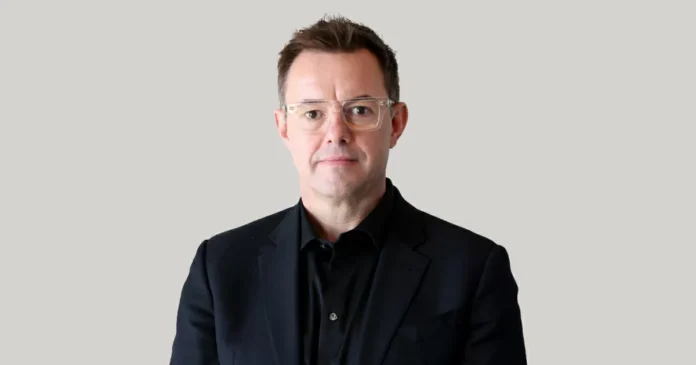Marcel Botha, co-founder and CEO of 10XBeta, a New York-based product design and development firm, has recently raised concerns about the potential impact of President Trump’s tariffs on the medical industry. Botha, who has been at the forefront of medical innovation for over a decade, warns that these tariffs could jeopardize the quality and safety of medical innovations and ultimately hinder patient care.
The Trump administration has imposed tariffs on a wide range of products, including medical devices and components, as part of its ongoing trade war with China. These tariffs, which have been met with mixed reactions, are intended to protect American industries and create a more favorable trade balance. However, Botha believes that the medical industry, which relies heavily on global supply chains, will suffer the most from these tariffs.
In an interview with CNBC, Botha expressed his concerns, stating that “the tariffs will have a significant impact on the medical industry, as many medical devices and components are manufactured in China.” He further added that “these tariffs will not only increase the cost of medical devices, but also delay the delivery of life-saving products to patients.”
Botha’s concerns are not unfounded. The medical industry heavily relies on global supply chains to produce high-quality and cost-effective medical devices. With the imposition of tariffs, the cost of these devices will increase, making them less accessible to patients. This could have a detrimental effect on patient care, especially for those who rely on these devices for their daily survival.
Moreover, the tariffs could also hinder the development of new medical innovations. Botha explains that “the medical industry is constantly evolving, and innovation is crucial to improving patient care. However, with the added cost and uncertainty of tariffs, companies may be hesitant to invest in research and development, ultimately hindering the progress of medical innovation.”
Botha’s concerns are shared by many in the medical industry. In a joint statement, the Advanced Medical Technology Association and the Medical Device Manufacturers Association expressed their worries about the impact of tariffs on patient care. They stated that “the tariffs will increase the cost of medical devices, making them less accessible to patients and hindering the development of new and life-saving technologies.”
The potential consequences of these tariffs are not limited to the medical industry. Botha also believes that they could have a negative impact on the quality and safety of medical devices. With the added pressure to cut costs, companies may be forced to compromise on the quality of their products, which could have serious implications for patient safety.
Botha, who has been a pioneer in the medical industry, is no stranger to the challenges of bringing innovative products to market. He has been at the forefront of developing cutting-edge medical devices, including a wearable device that helps patients with Parkinson’s disease manage their symptoms. His company, 10XBeta, has a track record of successfully bringing medical innovations to market, and Botha is concerned that these tariffs could hinder their progress.
In light of these concerns, Botha urges the Trump administration to reconsider the tariffs and their potential impact on the medical industry. He believes that there are alternative solutions that can address the trade imbalance without jeopardizing patient care and hindering medical innovation.
In conclusion, Marcel Botha’s warning about the potential consequences of President Trump’s tariffs on the medical industry should not be taken lightly. As a leader in the field of medical innovation, his concerns are rooted in his extensive experience and knowledge of the industry. It is crucial for the government to consider the impact of these tariffs on patient care and the development of life-saving technologies. Let us hope that these concerns are taken into consideration and that a solution can be reached that benefits both the medical industry and patients around the world.

